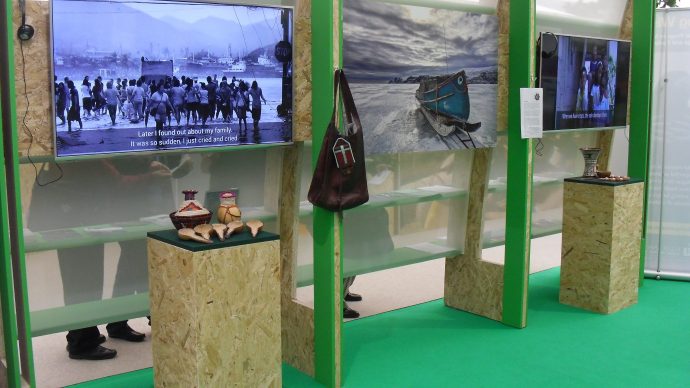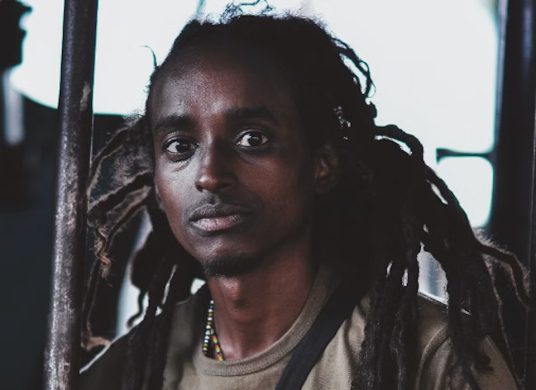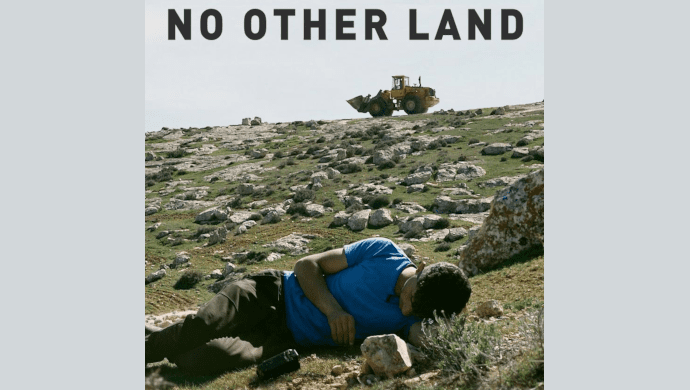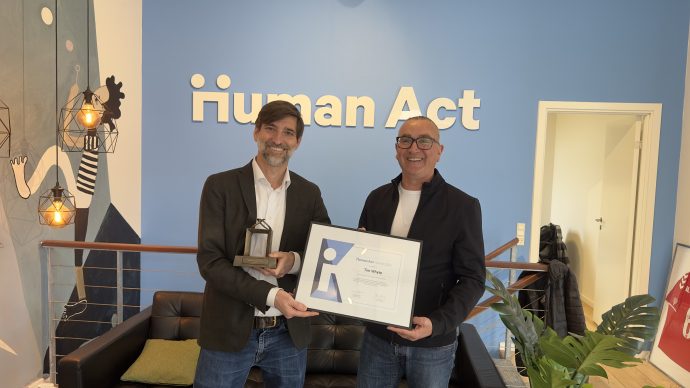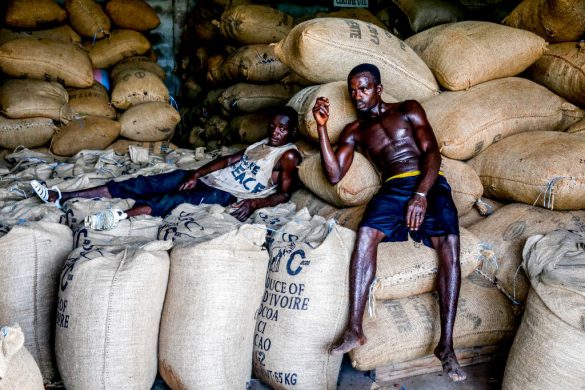Bonn, 12 October 2017 (MCII): Today, the Munich Climate Insurance Initiative (MCII) won the prestigious 2017 Momentum for Change Award for its efforts to bring key actors together to address climate risks and poverty by implementing climate risk insurance for vulnerable people in developing countries.
Under the auspices of the project “Climate Risk Adaptation and Insurance in the Caribbean” which is part of the International Climate Initiative (IKI) of the German Federal Ministry for the Environment, Nature Conservation, Building and Nuclear Safety, BMUB, MCII designed and implemented the Livelihood Protection Policy (LPP) in Jamaica, St. Lucia and Grenada.
An honour
The LPP enables individuals to sign up for climate risk insurance irrespective of their profession or income level.
“For us it is an honour to accept this prestigious award. It gives momentum to the vision of climate risk insurance to protect and empower vulnerable people against the impacts of climate change. Impacts that we see rise year by year,” said Peter Hoeppe, MCII Chairman.
The purpose of the Momentum for Change Awards, spearheaded by the UN Climate Change secretariat (UNFCCC), is to shine light on some of the most innovative, scalable and practical examples of what people across the globe are doing to combat climate change.
These so called ‘Lighthouse Activities’ demonstrate the variety of climate action happening around the world and winners were chosen from more than 460 entries. Patricia Espinosa, Executive Secretary of UN Climate Change, said:
“I want to congratulate this year’s award winners. Their passion, creativity and positive impacts on the ground are extraordinary, real-world examples of how the implementation of the Paris Agreement and the wider SDGs is happening at all scales, across all countries and across all sectors of society.”
She applauded the Lighthouse Activities for providing direct inspiration to others.
Microinsurance solutions
As a mission-driven non-profit think tank, MCII seeks to bring together experts from a variety of backgrounds to develop microinsurance solutions for the most vulnerable populations.
MCII has been a long term advocate in support of climate risk insurance approaches to protect vulnerable populations that are affected by climate change – a global problem which impacts the poorest the worst but to which they have not contributed.
The LPP is a weather-index based insurance policy designed specifically to help low-income individuals recover from the damage caused by strong winds and/or heavy rainfall during hurricanes and tropical storms.
In the case of extreme weather, they receive cash pay-outs soon after the event that help them land back on their feet more quickly. By thereby extending financial protection to under-served vulnerable communities, MCII is demonstrating the role that financial inclusion can play in climate change adaptation.
Plapable postive effects
In the Caribbean, the positive effects of microinsurance products such as the LPP are palpable. Aside from protecting low-income people, who are particularly vulnerable to the impacts that extreme weather events can have on their livelihoods, they also allow policyholders to rebuild more quickly.
Therefore, they are better prepared for future disasters, because they do not have to resort to a variety of coping strategies that harm their ability to withstand and recover (e.g. selling assets, reducing food consumption, taking children out of school or borrowing) in the event of a crisis.
This is why news of the award were also well received on the ground in the Caribbean.
“I congratulate MCII on being awarded the Momentum for Change Award,” said Ronald Jackson, Executive Director of the Caribbean Disaster Emergency Management Agency (CDEMA).
“MCII’s concept of bringing together actors from disaster management, other government agencies and the private sector to explore new insurance concepts for social and economic resilience is consistent with CDEMA’s strategic perspectives. The availability of microinsurance for small businesses and low-income populations is one important element for people in the Caribbean to prepare for and bounce back from climate driven disasters.”

